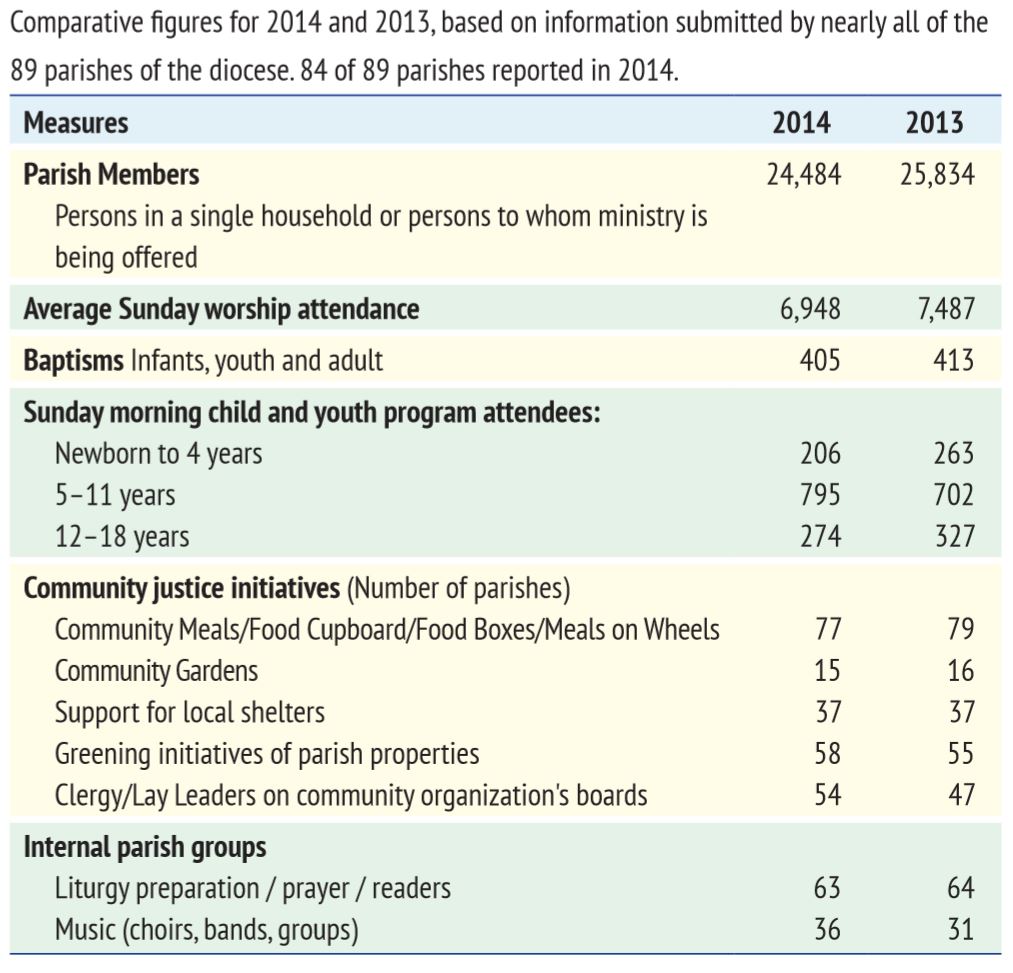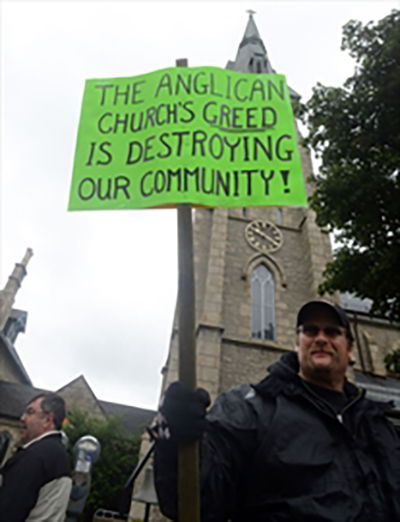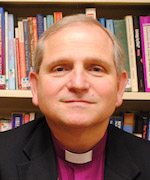A resident of Guelph appeals once more to the bishop of Niagara not to sell St. Matthias to property developers.
In spite of claiming to make justice one of the centrepieces of its ministry, the diocese doesn’t seem to have convinced those who live in Guelph: it would appear that “the word on the streets of Guelph is ‘greed’”.
From here:
This column is presented as an open letter to Michael Bird, Bishop of the Anglican Diocese of Niagara.
On behalf of the Citizens for Community and all the residents of Guelph, I would appeal to you not to renew the Anglican Church’s conditional purchase agreement with HIP Developments for 171 Kortright Rd. W. Yes, you have the legal right to sell the St. Matthias church property – and to the highest bidder. That’s all you have though. You don’t have the moral right. The land is community space – for the people of Guelph.
You represent the Anglican Church. People expect higher moral standards of churches, not lower. If you sell the property, zoned “institutional” for a much higher “residential” or “high density residential” amount, in the middle of a single home family neighbourhood, the Anglican Church will be held responsible. You will have failed morally.
You can do better. The Anglican Diocese bought the land in 1981 for $110,000. It was zoned “institutional” and for a reason. Communities need lands zoned “institutional” for different faiths, hospices, nursery schools, service clubs, seniors’ centres, not-for-profit housing, and a host of other organizations. To buy land zoned for “institutional,” and then turn around and sell it for “residential” or “high density residential,” at a much higher profit, and to not accept fair market offers from other churches, is immoral. The word on the streets of Guelph is greed. People also aren’t interested in money reinvested in Guelph that is more than the value of the property as “institutional.” That would be tainted money. It would be totally unjust for Anglican ministries to be financed at the expense of the McElderry neighbourhood and their families.
In the future, other organizations will need community space. People need a place to meet and to be community. The church stands for community. Other churches offered fair market value for the St. Matthias property. Why did you not accept their offers or negotiate with them? Why not now accept new offers from the same churches or other community organizations? The Anglican Church benefited from this land zoned “institutional” for over thirty years! Why would you not give another church or community organization the same opportunity? The United and Presbyterian churches both sold their churches to other churches or institutions.
I would encourage you to come from Hamilton to Guelph and to listen to the people. I assure you the majority would respond: “Well, you can do whatever, but it definitely sounds like greed.” You also have caused the neighbours to raise and spend thousands of dollars and work countless hours to fight for their neighbourhood. If you succeed at the OMB with your initial decision to sell to HIP Developments, will you reimburse the local community for their expenses? I would hope so.
What do you stand for? I believe (for) community and spirituality. How is what you’re doing consistent with: “Do unto others (other churches) as you would have them do unto you.” Other churches made fair market value offers. Reopen the sale process and do the right thing. No one will fault you for getting it wrong at the first. They will if you get it wrong in the end. Churches are human and as history proves don’t always get it right. We know that only too well in Canada. We all get it wrong from time to time. Stop the renewal agreement with HIP, and do the right thing. The McElderry neighbourhood and the reputation of the Anglican Church in Guelph, a church that continues to serve Guelph well, are far more important than surplus money. Don’t go down in history as the bishop who sold our community land out from underneath us. Go down in history as the bishop, like many bishops, archbishops and other religious leaders, who realized that getting it right in the end is what it’s all about.
Guelph is counting on you getting it right. Choose people over profit. In the words of Martin Luther King Jr: “In the end, we will remember not the words of our enemies, but the silence of our friends.” If you are our friend, let us know by your actions. The time is always right to do what is right. Contact HIP Developments and make a “Good for the People of Guelph” and “Good for the Anglican Church” decision.
Like this:
Like Loading...




 “Just prior to my becoming bishop, three parishes voted to walk away from the diocese of Niagara,” Bird said in an interview with the Anglican Journal. “There was a subsequent fourth one some months after…that.” What he needed to do, he said, was to draw “a good group of people around the episcopal office.”
“Just prior to my becoming bishop, three parishes voted to walk away from the diocese of Niagara,” Bird said in an interview with the Anglican Journal. “There was a subsequent fourth one some months after…that.” What he needed to do, he said, was to draw “a good group of people around the episcopal office.”